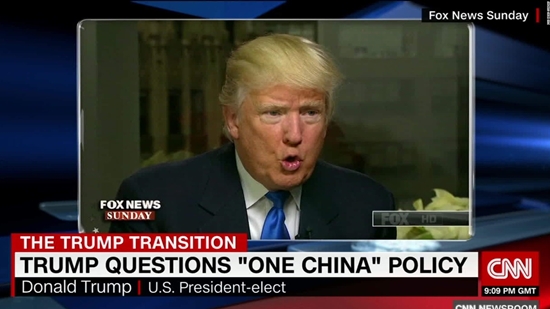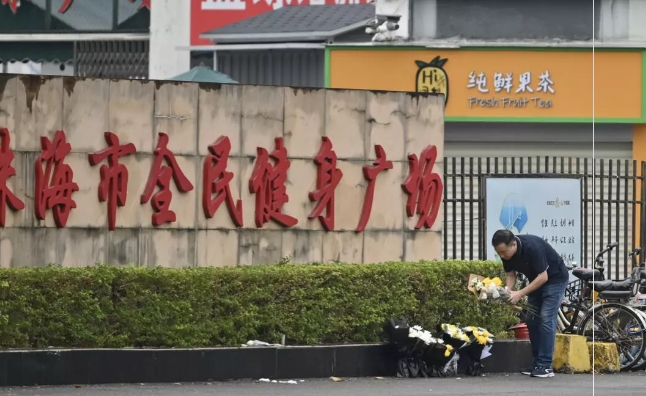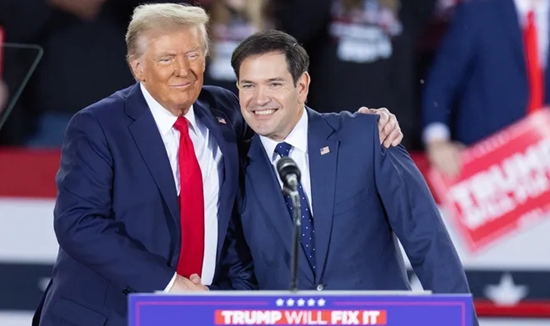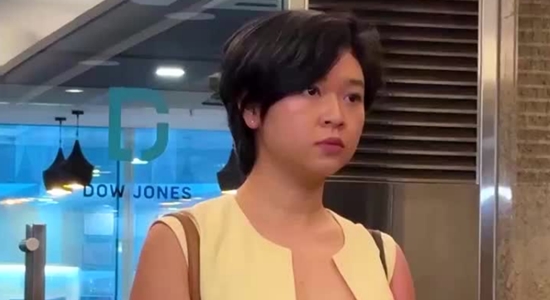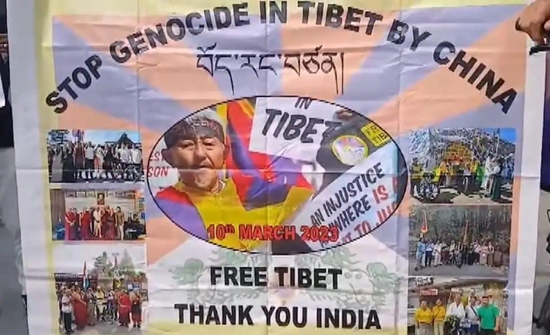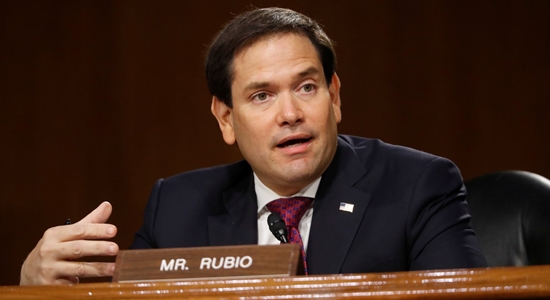
U.S. Senator Marco Rubio
Perhaps it would be better to wait for President-elect Donald Trump to name the person he wants to be his secretary of state than to report that he is about to name somebody and that this somebody is probably U.S. Senator Marco Rubio. But let’s assume that the Times reporters have solid intel from the president-elect’s office (“Trump Expected to Name Marco Rubio as Secretary of State,” The New York Times, November 11, 2024).
Mr. Rubio was elected to the Senate in 2010, and has staked out a position as a foreign policy hawk, taking hard lines on China, Iran, Venezuela and Cuba in particular….
Mr. Rubio has been among the most outspoken senators on the need for the United States to be more aggressive on China. He has adopted positions that later became more mainstream in both parties….
Mr. Rubio also served as a co-chairman of the bipartisan Congressional-Executive Commission on China, which has aimed to craft aggressive policy on China, especially in trying to address human rights abuses there. In 2020, Mr. Rubio sponsored a bill that tried to prevent the import of Chinese goods made with the use of forced labor by China’s ethnic Uyghur minority. President Biden signed it into law the next year.
Xinjiang
In a recent press release, Rubio slams the consulting firm PricewaterhouseCoopers (PwC) for seeking to strengthen its relationship with the Chinese Communist Party in response to the CCP’s increased scrutiny of Western firms like Pricewaterhouse.
The firm has worked with officials “in the Xinjiang Uyghur Autonomous Region, where Beijing is committing genocide against Uyghurs and other groups, appointed an apparent CCP member to the head of its China operations, and aligned itself with Beijing’s strategic goals by openly supporting China’s Belt and Road Initiative.”
The press release is accompanied by Rubio’s letter to PwC Global Chairman Mohamed Khande “expressing concern over the company’s ties to the CCP and demanding answers on the threat those ties pose to U.S. interests.”
The letter refers to an apparent “pattern of catering to CCP goals” when the firm encounters regulatory hostility from China.
In July 2024, amidst the height of Chinese regulatory scrutiny over PwC’s flawed Evergrande audits, PwC leadership appointed Daniel Li as Chairman of its China and East Asia practice. Li appears to be a member of the CCP and serves on the 14th National Committee of the Chinese People’s Political Consultative Conference (CPPCC). The CPPCC is a political instrument that serves atop the CCP’s ‘united front’ system—which is designed to cultivate ties with the entities the Party views as friendly—and steers the CCP’s policy aims…. Li’s appointment was a clear effort by PwC to win the trust of CCP authorities….
Perhaps most concerning, PwC appears to have acted to publicly align its client engagements with CCP ambitions. PwC’s website openly boasts of the firm’s “Belt and Road United” project, started by your firm in 2017, with the expressed purpose of supporting China’s BRI.
Confucius Institutes
In 2021, Rubio criticized Linda Thomas-Greenfield, then a nominee to be Ambassador to the United Nations, for giving a speech under the auspices of a Confucius Institute at Savannah State University in which she praised China’s involvement in Africa. (She was confirmed.)
“So, the Confucius Institute, and what they’re doing in the U.S., is an element of soft power and/or influence. It’s not only well documented, but also, I would imagine that in the 35 years of service to our country, it’s something you had to have been aware of,” Rubio said to Thomas-Greenfield during the confirmation hearing. “Were you not aware of who the Confucius Institute was and the concerns about them when you accepted that speech?”
NBC reported that Thomas-Greenfield expressed regret at the hearing “for a speech she gave in 2019 that praised China’s initiatives in Africa and made no mention of its human rights abuses.”
